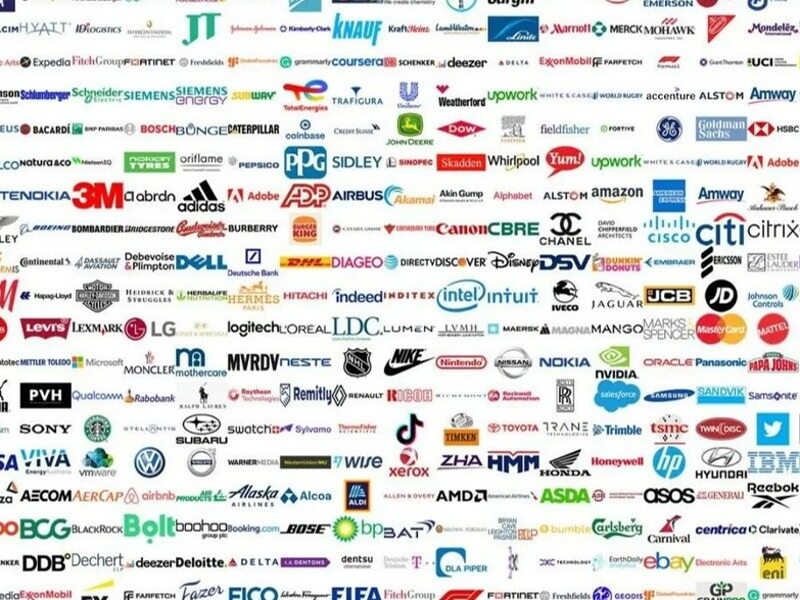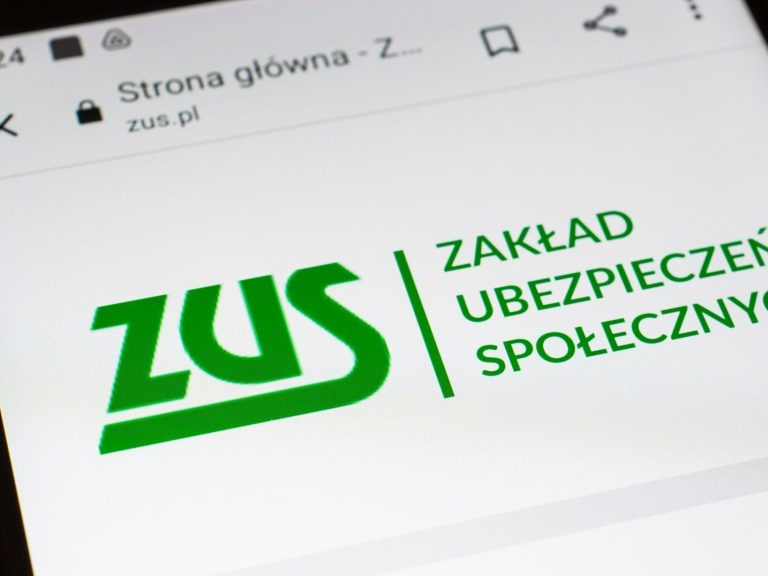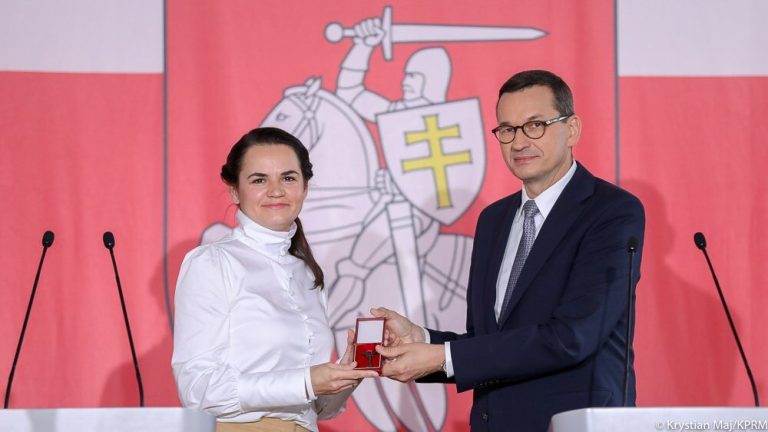A boycott is useless. 218 companies that we know well still operate in Russia

There is no point in boycotting Auchan and Leroy Merlin in various countries – these stores continue to operate in Russia. There are more well-known brands that see nothing inappropriate in making money in Russia. Meanwhile, US President Joe Biden signed an order on Friday enabling the imposition of sanctions on financial institutions that handle transactions supporting the Russian arms industry.
Since March 2023, more than a thousand companies have withdrawn their operations in Russia, but there are still more than 200 global brands on the “shame list”, which includes brands still operating in the country. The list is updated by prof. Jeffrey Sonnenfeld of Yale University.
The “List of Shame” includes 218 companies
These include Auchan-Retail, Benetton, Calzedonia, Guess, Lacoste, Clarins, Cofix Coffee, Diesel and Etam. Puma. Ralph Lauren, Rolex. Shiseido, Spotify, Swarovski, TikTok have limited the scale of their operations, but they are still within reach of Russian consumers. Accor, Ecco, Giorgio Armani, Grohe, Hilton, WeWork, Xiaomi and Yves Rocher are postponing large investments for the indefinite future, but continue their current operations.
The famous “Yale list” has been maintained by American scientists since the outbreak of the conflict. Initially, it included two variants: exit from the market and continuation of operations. The reality is so complicated that currently companies’ activities are listed in five columns.
More sanctions are constantly being imposed on Russia. So far, they have not had the effect that was expected a year and a half ago, and therefore have not hit the economic foundations of the aggressor. Russia still has money for armaments, sells raw materials – mainly to Asia – and imports goods and services through intermediaries that were not supposed to be found on its territory. The United Arab Emirates, Turkey, the countries of Central Asia and Pakistan are leading in introducing goods and services subject to sanctions to Russia.
American politician talks about “tightening the screw”
Despite this, Western countries continue to try to stop circumvention of restrictions. President Joe Biden signed an executive order on Friday enabling the imposition of sanctions on financial institutions that handle transactions supporting the Russian arms industry. The White House hopes that this will affect the supply chain for the Russian military and the practice of bypassing restrictions using third countries. The regulation stipulates that banks, insurance companies and other financial institutions handling transactions whose final recipient is Russian industry may be cut off from the US market without notice. This is intended to force them to check the customers they serve more closely and to disrupt Russia’s practice of using third countries to bypass electronics export controls.
US national security adviser Jake Sullivan called it “tightening the screws on the Russian war machine and its enablers.”






